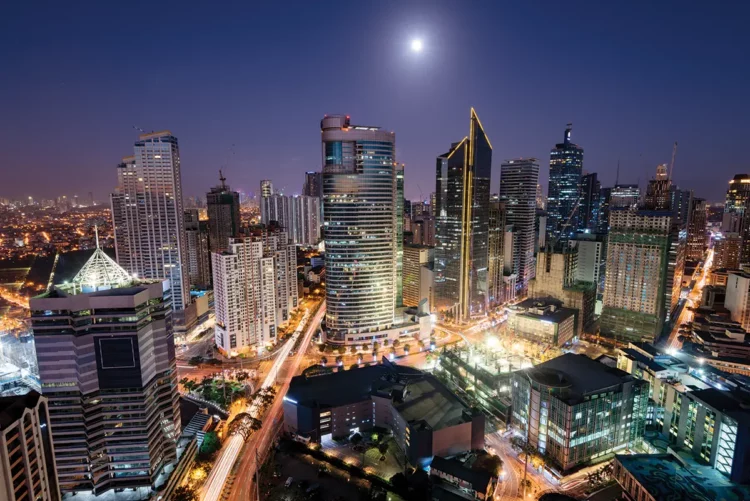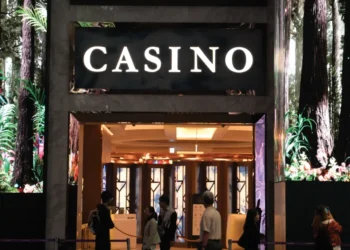After enjoying a post-COVID surge in gaming revenues at its licensed casinos, the Philippines has hit a rocky patch.
In 2024, while the broader gaming industry enjoyed a significant boost thanks to the growth of the E-Games segment, gross gaming revenues at licensed casinos struggled to match such explosive growth and in many cases suffered significant year-on-year declines.
The driving factor behind this fall was the decline of the VIP gaming segment, with all operators reporting ongoing challenges in the premium gaming space. Bloomberry Resorts Corp, for example, said in its most recent earnings release that VIP gaming volumes had fallen by 29% year-on-year in 2024, while Okada Manila reported a 22% decline in VIP table game revenues.
In addressing these declines, most have pointed to a wider slowdown in Chinese visitation to the Philippines, and to a large extent this is true: Department of Tourism statistics show that China has fallen from second on the Philippines list of tourism source markets in 2019, with almost 1.75 million visitors, to fourth in 2024, with just 312,222.
But the other major factor that hasn’t been spoken about publicly to any great extent is the death of the POGO industry following the ban implemented by President Ferdinand Marcos Jr late last year, which took effect from 1 January 2025.
Since the ban was first announced in July, authorities have been busy dismantling POGO operations and driving out most of the foreign nationals involved – many of them, coincidentally, being Chinese.
Many think it was a necessary response to an industry that had been hijacked by multinational crime syndicates involved in everything from online scams to human trafficking, but one of the unintended consequences of shutting down POGOs and driving their leaders out of the country is that licensed casinos have lost many of their very best customers.
That should come as no great surprise: it’s no secret that many people working in the gaming industry like to play in their own spare time, and that goes double when you’ve got more money than you know what to do with, as was the case with hundreds of individuals at the pointy end of the POGO industry.
That money isn’t likely coming back anytime soon, so it might be time for the Philippine IR operators to start looking elsewhere to rekindle their fortunes.






























